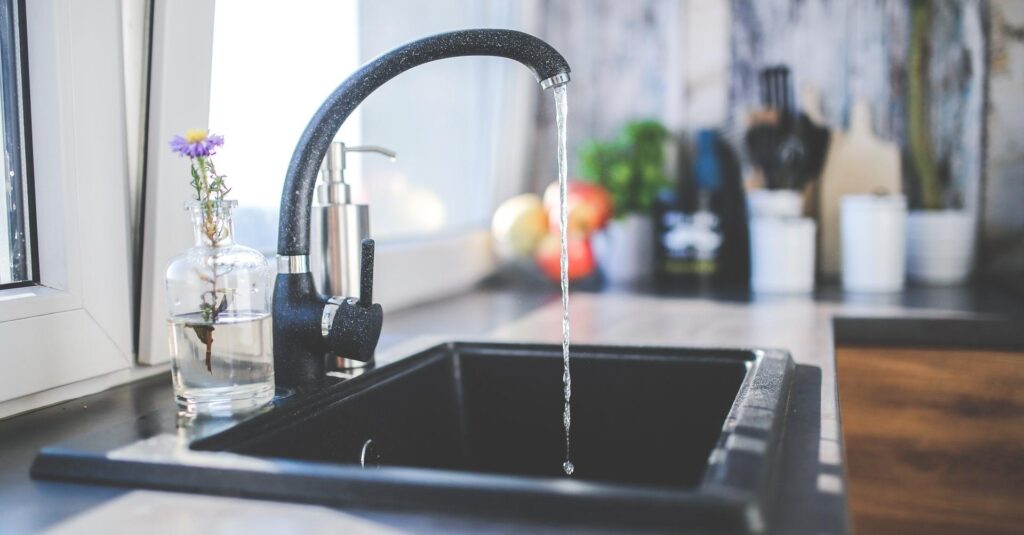Kitchen plumbing issues are common, but many can be avoided with proper usage and maintenance. This guide outlines how to prevent clogged drains, leaky faucets and pipes, and other problems with the sink, dishwasher, garbage disposal, and more.
Avoid clogs by disposing of grease and oils, fibrous vegetables, eggshells, coffee grounds, hair, and other debris in the trash instead of down your drain. Also, periodically flush your kitchen sink drain with hot water to break apart and dissolve clogs before they get serious. For help with plumbing issues, visit sites like https://www.fixitrightplumbing.com.au/blocked-drains-melbourne/ for more information.
Clogged Drains
Clogged drains are a common kitchen plumbing problem and can be extremely annoying. However, they can also be avoided by following a few simple preventative tips.
Avoid putting anything other than water down the drain, including coffee grounds, egg shells, fats and oils, fibrous vegetables, bones and hair. Scrape food off plates and dispose of it in the trash rather than the sink. Use a drain strainer to catch any large particles and keep them out of the pipes.
Pour a half cup of baking soda followed by a cup of hot water down the drain once a week. This combination is a fantastic cleaner and odor absorber for your drains. Also, be sure to empty the U-shaped trap in your sink regularly (about once per month). This will help eliminate organic buildup and clogs. If your kitchen drain is constantly clogged, try using drain cleaning products or calling a plumbing professional.
Leaking Faucets and Pipes
The kitchen sink’s faucet, drain, and garbage disposal are all connected to an intricate plumbing system that can be damaged easily by bad habits or neglect. When one feature in the kitchen becomes clogged or leaky, it can set off a chain reaction of problems throughout the home that will require costly repairs to fix.
Luckily, most kitchen sink leaks are preventable with regular inspections and preventive maintenance. Look closely at your sink’s shut-off valves and supply lines for any rust, corrosion, or mineral buildup that could cause a leak. Inspect your washers, which are small rubber or metal discs that create a watertight seal, for wear and tear. If you notice a degraded O-ring, replace it immediately to avoid leaks and water damage.
Pipes can also leak due to loose or corroded connections. To prevent these problems, regularly tighten your plumbing fixtures’ coupling nut and coat interior threads with plumber’s tape to ensure a strong seal. Insulate any pipes that come into contact with exterior spaces to protect them from cold weather damage.
Water Heater Leaks
Your kitchen plumbing is connected to the same city or town sewer line as all of your other home pipes, so any clogs and leaks can affect your entire house. If your drain lines fill with fatty debris from cooking, they can overflow and create fire hazards. Puddled water from leaking pipes can attract insects and rodents, too.
Leaks in and around your water heater can also be very dangerous, especially if they are close to the gas line. If the valve at the top of the water heater is faulty or the temperature and pressure relief valve is damaged, you can have a very dangerous situation on your hands.
You should regularly check your plumbing fixtures and pipes for problems. It is a good idea to have a plumber’s number handy, so you can call them at the first sign of trouble. By following these time-tested tips, you can prevent most common plumbing issues in your Cherry Hill, NJ, home.
Garbage Disposal Clogs
Garbage disposals can quickly jam or clog if you aren’t careful about what goes into them. Oils, grease and fats poured down the drain in liquid form are fine, but when they cool they stick to pipe walls, creating an accumulation that can block your sink drain entirely. Avoid this issue by only grinding food waste and never putting fibrous foods like celery stalks, corn husks and onion skins into the garbage disposal.
It’s also a good idea to regularly clean your disposal by pouring one part baking soda and two parts white vinegar into the unit. The resulting chemical reaction will dislodge any stuck-on gunk without damaging your pipes. Also, run water into the sink for several seconds after the disposal runs to flush the drain line. This will help eliminate odors as well. Lastly, place a bucket beneath the drain trap to catch any water that spills out as you disconnect the slip-nut fittings and remove the trap.






